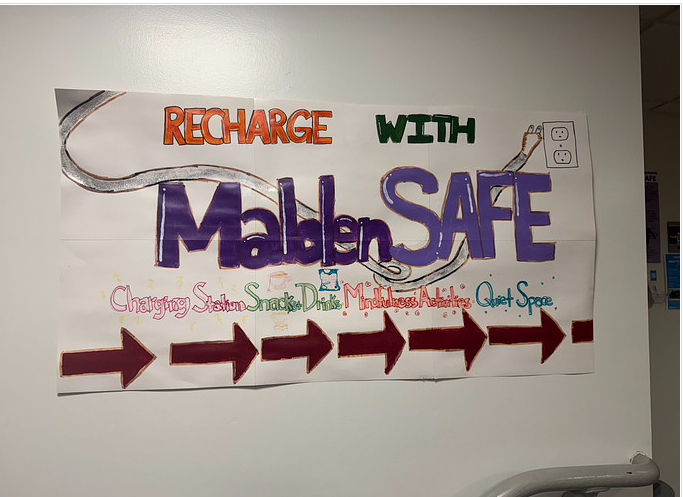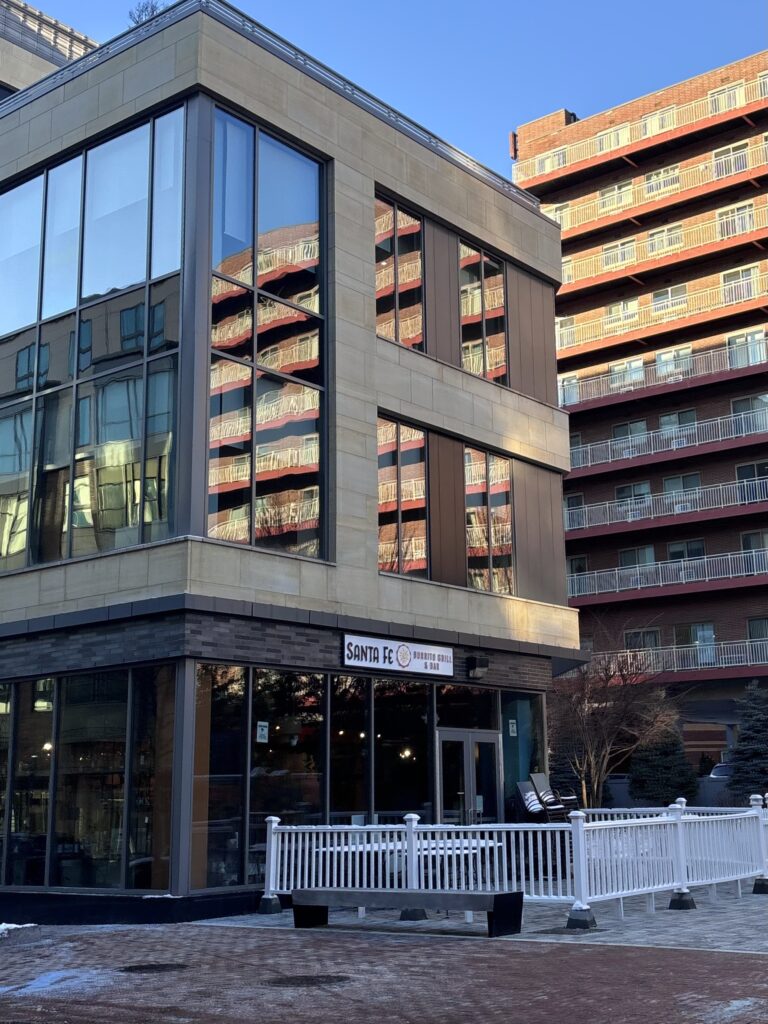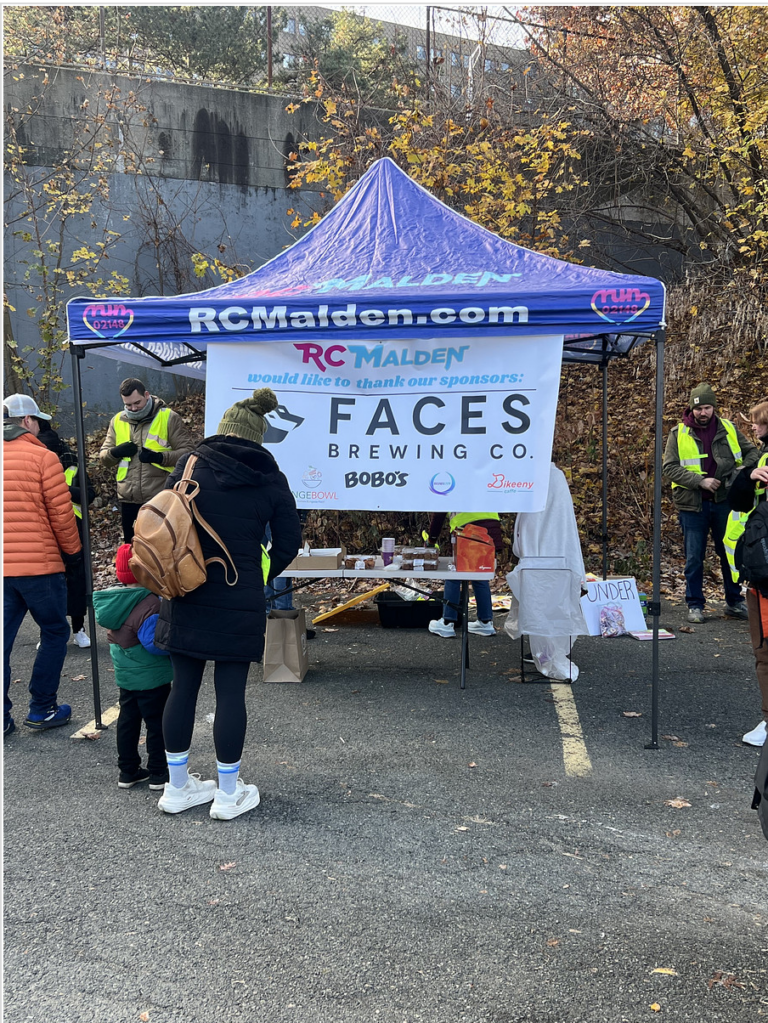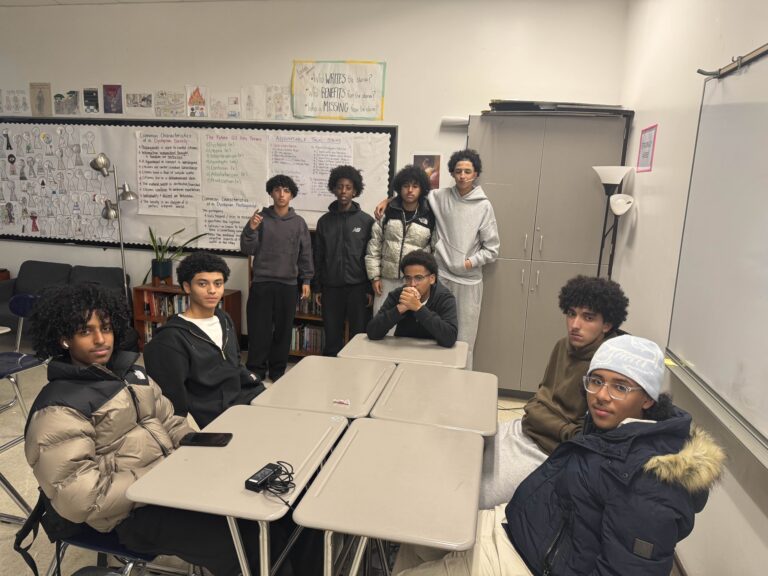Bong Joon Ho’s Parasite is a smash hit, sweeping the Academy Awards and being the first Foreign Language film to win the coveted Best Picture Award, as it was made in South Korea. (Although if you want to get really technical, The Artist did it back in 2011. However, the only dialogue in the film, in the end, is in English). The film also won awards for its stellar direction and script, both well deserved, and lastly, the award for Best Foreign Language film.
Parasite is a film best seen going in blindly. The best description I can give is that it focuses on the dynamic between the Park and the Kim family, and the Kim family’s plot to get hired by the Parks. The Kims are extremely poor and live in a basement level apartment, while the Parks are extremely wealthy. While the description may not seem that interesting, the film does experience an extreme tonal shift halfway through, going from a dark comedy to suspense, with some horror elements. Put in the most simple words possible, Parasite is a critique on how we live in a world where some can be extremely wealthy while others can barely make ends meet, contrasting both sides of the spectrum, and examining what happens when both sides meet.
Each actor gives an amazing performance, with the highlight being So-Dam Park as Kim Ki Jung, the daughter of the Kim family. The performances elevate the film, cooperating with the rest of the elements to achieve this level of quality.
However, the film would not be what it is without Bong Joon Ho’s stellar direction. Each scene in the film serves a purpose. Interestingly, there are only 960 cuts in the film, around one hundred less than usual, which goes to show how meticulously it’s put together. Looking at the famous Peach montage, it plays out like poetry, with shots echoing earlier ones, and it’s greatly aided by the score, a song called the Belt of Faith (composed by Jung Jae-il who previously composed for Bong Joon Ho in Okja). Each element works in tandem with the others, which allows for the film to progress almost like an orchestra.
A remarkable fact about the film is that many of the scenes were done on a set created just for the film, including the Park mansion. Interestingly, one scene in the second half of the film was actually shot in a pool, in order to control water levels.
Lastly, what really makes Parasite great is what I mentioned earlier about social classes and what the film has to say about it. The film’s message is incredibly clear, however, it’s still an incredibly nuanced perspective on class conflict. Without delving too deep, the film’s title can be interpreted in multiple ways. It’s just the type of film you have to ponder for a while after watching.
If you like Parasite, it’s worth it to check out Snowpiercer and Okja, some of Bong-Joon Ho’s other works. Memories of Murder and The Host are also some of his older pieces. I would fully recommend Parasite to a friend.







